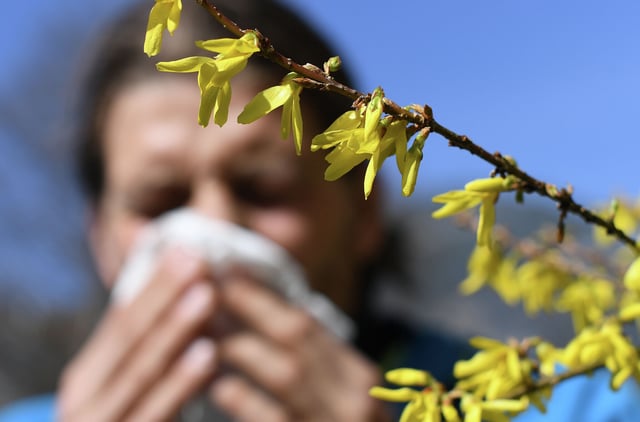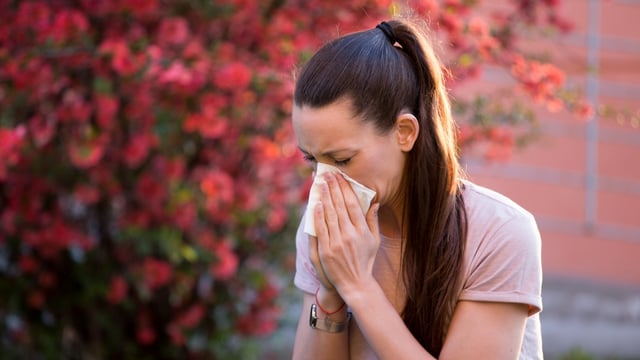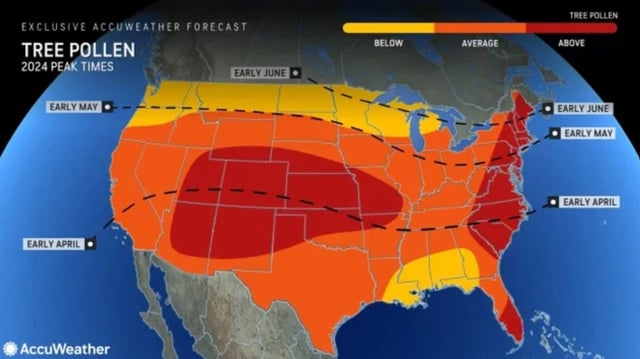Overview
- Climate change is leading to longer and more intense allergy seasons across the U.S., with some cities experiencing significant increases in the duration of their allergy seasons.
- El Paso, Texas, has seen one of the most dramatic increases, with its allergy season growing approximately 47 days longer since 1970.
- In the Bay Area, climate change is causing higher pollen counts earlier in the year, exacerbating seasonal allergy symptoms.
- Southern New England, including Rhode Island, is experiencing an early and intense allergy season due to a mild winter and warm, wet spring.
- While some U.S. cities have seen shorter allergy seasons, the overall trend is towards longer and more intense allergy periods due to global warming.


